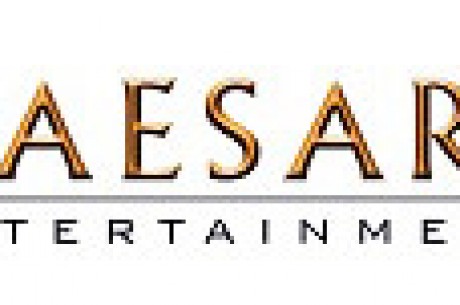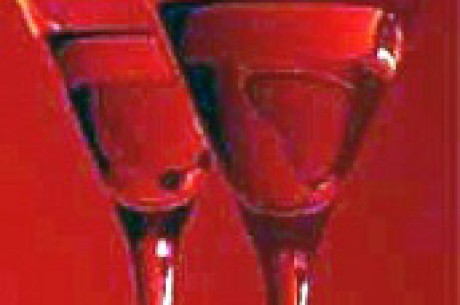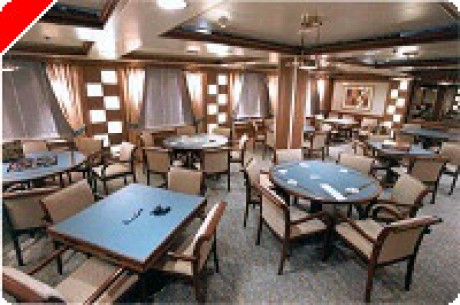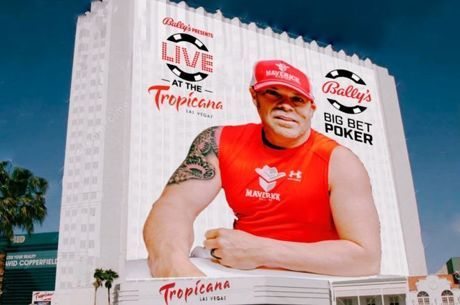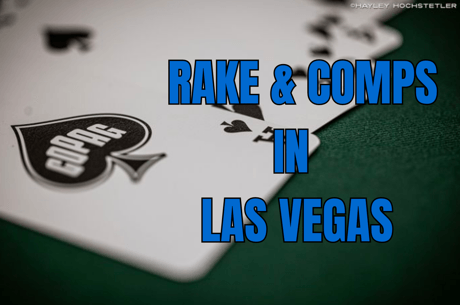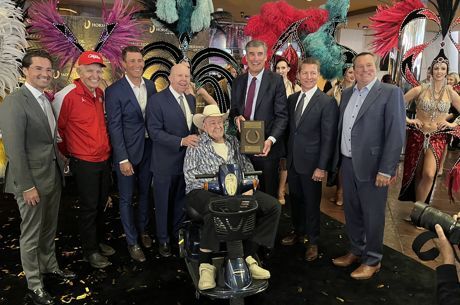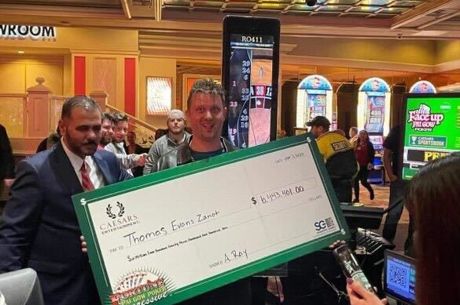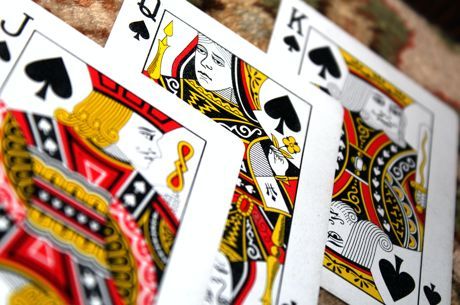"Casino fixed Pay-outs" claims newspaper
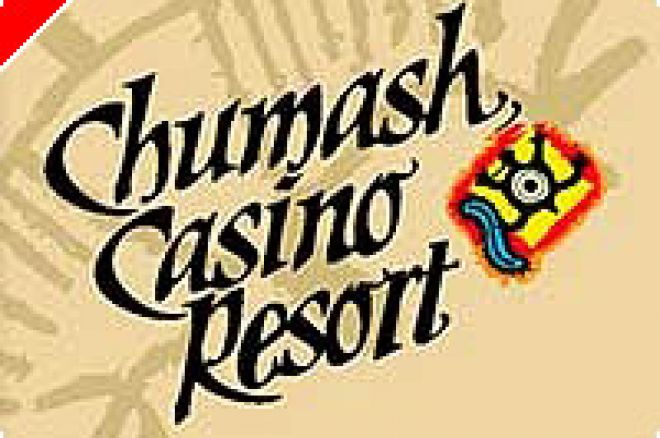
The Chumash Casino Resort at Santa Ynez, which contains one of California's most popular Native American reservation poker rooms, has been the subject of a devastating attack in the Los Angeles Times.
In its story, published on October 19, The Times alleges:
- At least seven of 16 tribal members who have served on the gaming commission during the past decade have backgrounds that almost certainly would preclude them from working at, much less regulating, casinos in Nevada and New Jersey.
- One commissioner resigned in July after The Times asked about his past convictions for robbery, burglary and theft. Another former regulator fired gunshots near the Chumash bingo hall. A third was elected to the commission after he was sacked from a management job in the casino for allegedly molesting female employees.
- Tribal members have been caught taking advantage of their authority on the gaming floor. The tribal chairman once directed a blackjack dealer to provide free chips to his son and other customers. In another case, a tribal member was fired as head of video gaming after it was discovered that slot machine tournaments had been fixed.
- Key security jobs at the Chumash Casino are held by relatives of gaming commissioners - an arrangement prohibited by casinos in other states. The surveillance unit in recent years has included several officers who are related to members of the Chumash gaming commission and its executive director.
- One weekend afternoon in 1996, an undercover security officer received a tip that the spouse of a casino employee would collect a cash prize for winning a slot tournament that day.The prediction proved correct. Casino investigators determined that the spouse "won" the tournament with a phony score.
An undercover officer, said she found a list of previous winners at the casino that included girlfriends, relatives and neighbors of tribal members and employees who ran the tournaments
The Chumash Casino Resort is in Santa Barbara County, California, between Los Angeles and San Francisco, in the heart of the Santa Ynez Valley. It offers 94,000 square feet of Las Vegas-style gaming, 24-hours a day, seven days a week.
Its 24-hour poker room features fourteen tables and a variety of games and stakes including: Hold'em, Omaha, and Seven Card Stud, with regular tournaments.
More than 25,000 gamblers flock to the reservation on weekends. Gambling revenue this year is projected to exceed $200 million, a 40% increase from 2003. In July, the casino raked in $1 million in a single day for the first time.
Those winnings have brought the tribe startling wealth. Since 2000, each of the band's 153 members has collected more than $1 million in casino proceeds. In July, members voted to give themselves a 10% raise, bringing their monthly checks to nearly $30,000 each.
California voters approved high-stakes gambling on reservations four years ago. Since then, tribal gaming has expanded so rapidly that the state is expected to overtake Nevada as the nation's casino capital within several years.
An initiative on the November ballot would extend the tribes' monopoly on Las Vegas-style gambling into the next century. Proposition 70 would lift restrictions on the number of slot machines and allow tribes to offer unlimited craps, roulette and other high-stakes games.
In exchange, tribes would pay the state corporate income tax of 8.84% on casino profits. Currently, Indian casinos are exempt from state and local taxes.

